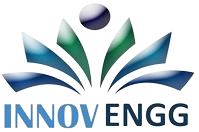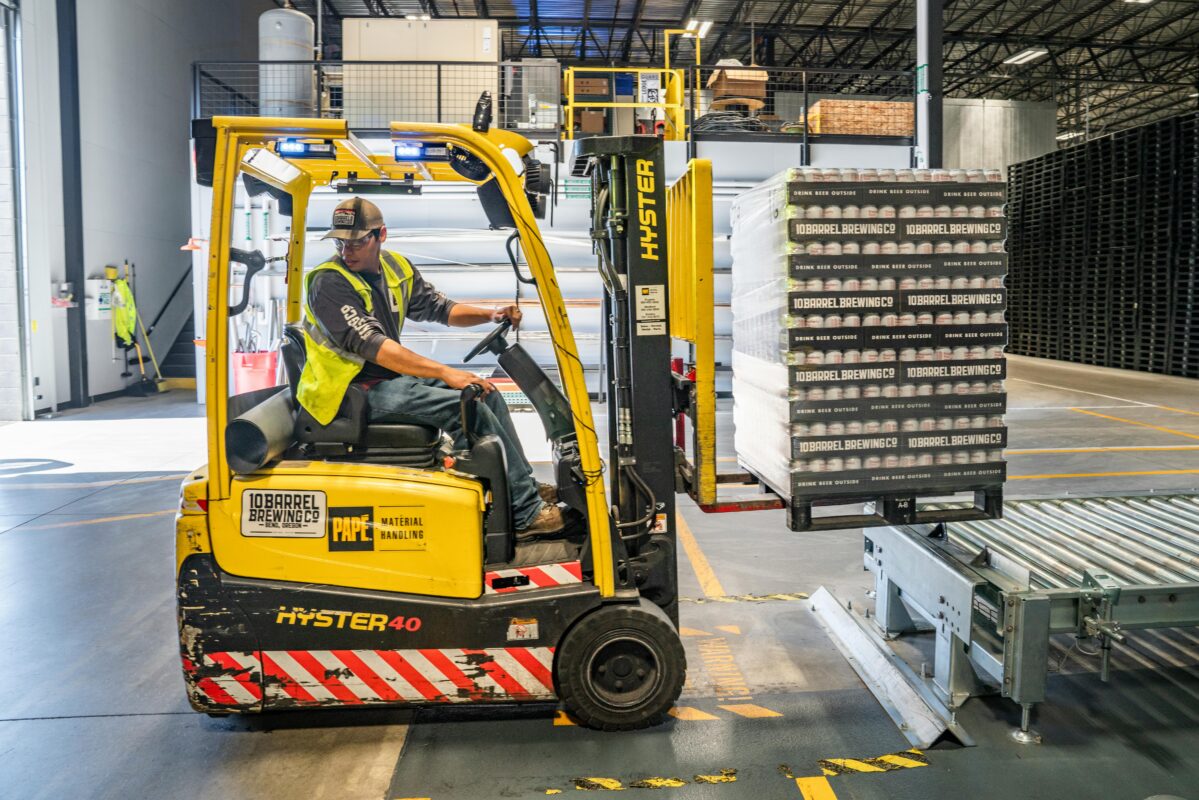Continuous improvement is at the core of achieving excellence in any field, and Quality Assurance (QA) is no exception. In the realm of QA, embracing the principles of Kaizen can be a game-changer. Kaizen, a Japanese term that translates to “change for the better” or “continuous improvement,” is a philosophy that focuses on incremental, continuous improvements in processes and products. In this blog post, we will delve into the world of Kaizen principles and how they can be effectively applied to elevate the standards of Quality Assurance.
I. Understanding Kaizen Principles:
Continuous Improvement Culture:
Kaizen promotes a culture where every team member is encouraged to contribute ideas for improvement regularly.
In QA, this means creating an environment where team members feel empowered to suggest enhancements to processes, tools, and methodologies.
Elimination of Waste:
Kaizen emphasizes the identification and elimination of waste in processes.
In QA, this can involve streamlining testing processes, reducing redundant efforts, and optimizing test case design to enhance efficiency.
Standardization:
Establishing and adhering to standardized processes is a key Kaizen principle.
In QA, this involves creating and maintaining standardized testing procedures and documentation to ensure consistency across projects.
Just-in-Time (JIT) Production:
Kaizen encourages the production of goods or completion of tasks just in time to meet demand.
In QA, JIT principles can be applied to testing activities, ensuring that testing aligns with development milestones and that feedback is provided promptly.
Employee Involvement:
Kaizen places a significant emphasis on involving employees at all levels in the improvement process.
In QA, this means fostering a collaborative approach where testers, developers, and other stakeholders actively participate in identifying and implementing improvements.
II. Implementing Kaizen in Quality Assurance:
Kaizen Events in QA:
Conducting Kaizen events specific to QA allows teams to focus intensively on process improvements.
Teams can analyze current QA processes, identify bottlenecks, and collectively brainstorm and implement improvements during these events.
Data-Driven Decision Making:
Kaizen encourages the use of data to drive decision-making.
In QA, this involves leveraging metrics and analytics to identify areas for improvement, track the effectiveness of implemented changes, and make informed decisions on further enhancements.
Feedback Loops and Continuous Learning:
Establishing feedback loops is essential for continuous learning and improvement.
QA teams should actively seek feedback from end-users, development teams, and other stakeholders to identify areas for improvement and adapt processes accordingly.
Cross-Functional Collaboration:
Kaizen promotes collaboration across different functions within an organization.
In QA, this means fostering collaboration between QA, development, and other relevant departments to ensure a holistic approach to quality improvement.
III. Challenges and Considerations:
Resistance to Change:
Addressing common challenges related to resistance to change and strategies to overcome it in the context of implementing Kaizen in QA.
Balancing Innovation and Stability:
Discussing the importance of striking a balance between introducing innovative changes and maintaining the stability of existing QA processes.
IV. Conclusion:
Continuous improvement is the lifeblood of Quality Assurance, and Kaizen principles provide a structured and proven approach to achieving excellence. By fostering a culture of continuous improvement, eliminating waste, standardizing processes, and actively involving employees, QA teams can elevate their performance and contribute significantly to the overall success of the organization. Embrace Kaizen, and watch as your QA processes evolve into a powerhouse of efficiency and quality.

